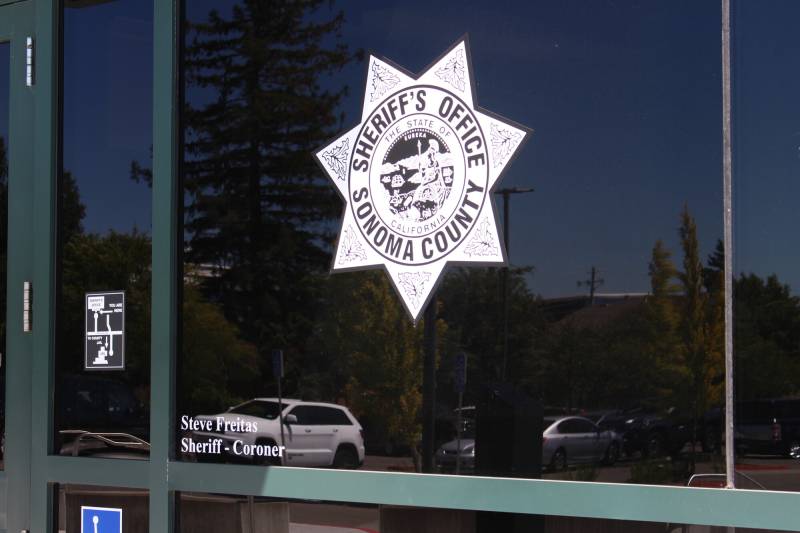DeMeo also dismissed the argument that the oversight agency’s executive director had the same authority as an inspector general, to subpoena information from the Sheriff’s Office. That title, he noted, has never been explicitly granted.
If it had, IOLERO’s subpoena power would be further legitimized by AB 1185, a 2021 state law that to create offices of inspector general with the power to issue subpoenas to sheriffs.
But Alden, of IOLERO, said that under state law, his office should be able to subpoena information regardless of whether its director is assigned the title of inspector general. The idea that the oversight agency lacks the power of an inspector general is “absurd,” the appeal states.
Engram, however, praised DeMeo’s ruling.
“I have always maintained that I would cooperate with a whistleblower complaint investigation, but the law does not give IOLERO the authority to investigate them,” he said in a statement last month.
But in its appeal this week, filed in California’s First District Court of Appeal, the agency argues that without the ability to fully investigate whistleblower complaints and issue subpoenas, it would be unable to follow through on voters’ demands for greater law enforcement accountability and oversight.
“The importance of this case goes beyond the subpoenas at issue. It lies in the importance of civilian oversight on law enforcement,” the appeal states. “If the Superior Court’s interpretation is allowed to stand, IOLERO cannot carry out the vital oversight of law enforcement the voters intended in a rural county where the Sheriff provides law enforcement services for much of the County and has primary control over all of the prisoners in the County jail.”
The appeal follows two high-profile cases in recent years involving Sonoma County sheriff’s deputies who seriously hurt or killed suspects, prompting lawsuits that resulted in multi-million dollar settlements.
Alden argued that the role of the agency in whistleblower investigations is to create a culture of transparency and to make sure that the public is aware of possible misconduct within the Sheriff’s Office.
“Whistleblowers inside law enforcement agencies are often afraid to come forward because they don’t feel they’ll be supported by the culture,” he said. “That’s why it’s so important that our office has the ability to receive whistleblower complaints and investigate them, which necessarily means being able to issue subpoenas to get the information.”
The court of appeal could take months to decide whether to hear the case. Until then, the original ruling stands.
KQED’s Julie Small contributed to this report.

